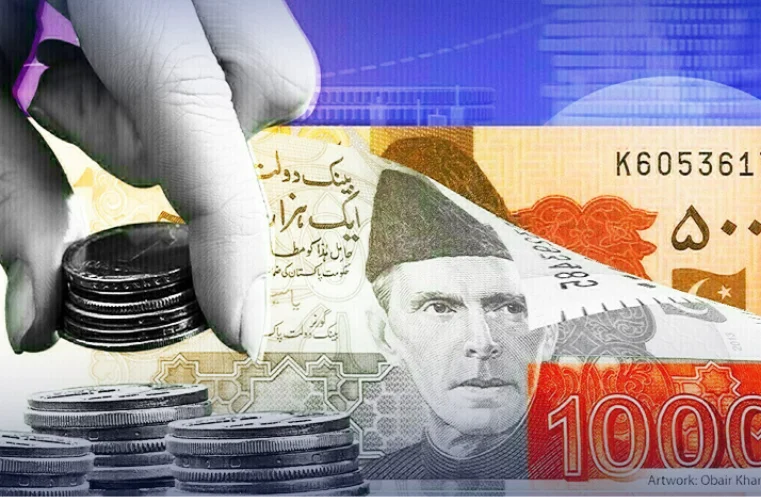Islamabad, Jan 19: The Federal Board of Revenue (FBR) reported a remarkable 56% increase in federal excise duty (FED) collections during the fiscal year 2024, totaling Rs577 billion compared to Rs370 billion in the previous year. This surge of Rs207 billion highlights improved tax collection efforts across various sectors, reflecting the government’s commitment to strengthening revenue streams.
Read More:
NUST Team Discusses Scholarship Fundraising and Industry Issues with SITE Association in Karachi
Key Contributors to Excise Duty Growth
- Cigarettes: The tobacco sector emerged as the largest contributor, with excise duty collections surpassing Rs237 billion—a notable increase of Rs95 billion. This highlights the sector’s pivotal role in driving overall revenue growth.
- Cement: The construction industry contributed Rs77.71 billion, marking an increase of Rs11.32 billion, fueled by rising demand for infrastructure development.
- Beverages: Soda water beverages witnessed an extraordinary 113% growth, with excise duty revenue soaring to Rs36.50 billion.
- Air Tickets: Excise duty from air travel surged by Rs7.22 billion, reaching over Rs47 billion, reflecting the recovery of the aviation industry.
- Fertilizers: The agricultural sector contributed Rs29 billion, reinforcing its significance in the national economy.
- Other Sectors:
- Milk and Cream: Contributed an additional Rs5 billion.
- Alcohol: Recorded an impressive 102% growth, contributing Rs2.29 billion.
- Juices and Syrups: Notable increases in revenue were observed in this category, further diversifying the FED base.
Areas of Decline
Despite the overall growth, minor declines were recorded in specific categories, including motor cars and chemicals used in beverage production. These fluctuations suggest the need for targeted policy adjustments to sustain contributions from these sectors.
Outlook for Fiscal Year 2025
With robust growth in key sectors and enhanced tax administration strategies, the FBR anticipates continued improvement in excise duty collections for the current fiscal year. Strategic focus on high-performing industries, combined with efficient enforcement measures, is expected to strengthen the government’s financial position further.
This exceptional performance underscores the potential of effective tax policies in driving national economic growth while ensuring fair contributions from diverse sectors.
